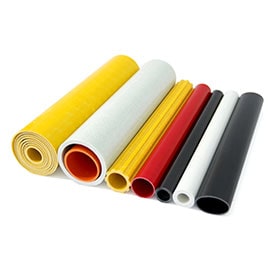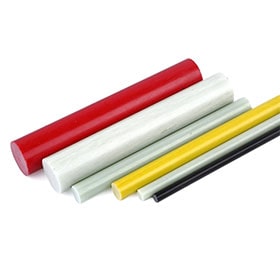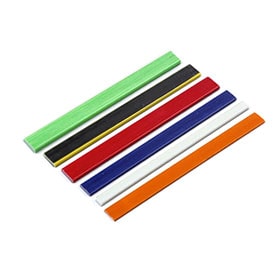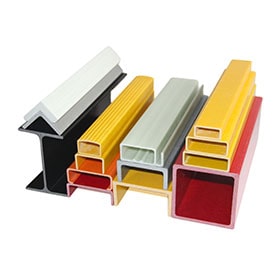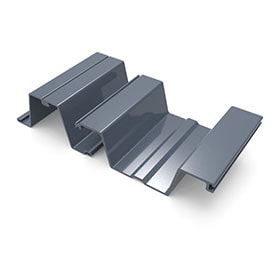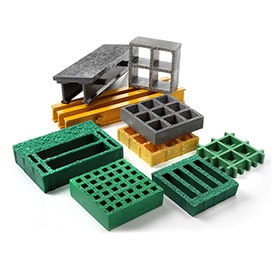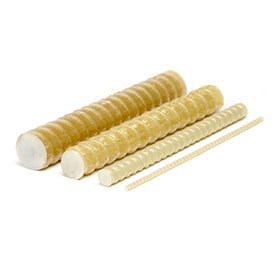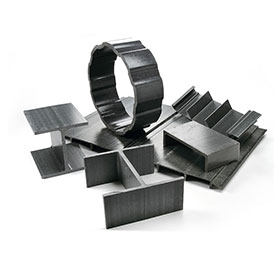
Fiberglass rock bolts are a type of rock bolt made from fiberglass-reinforced plastic (FRP). FRP is a composite material made up of glass fibers and a resin matrix. Fiberglass rock bolts are non-corrosive, lightweight, and strong, making them a desirable choice for a variety of applications.
Applications of Fiberglass Rock Bolts
Fiberglass rock bolts are used in a variety of applications, including:
Tunnels and mines: Fiberglass rock bolts are used to support the roof and walls of tunnels and mines, preventing them from collapsing.
Slopes and retaining walls: Fiberglass rock bolts can be used to stabilize slopes and retaining walls, preventing them from failing.
Foundations: Fiberglass rock bolts can be used to improve the bearing capacity of foundations, especially in soft or loose rock.
Existing structures: Fiberglass rock bolts can be used to repair and strengthen existing structures, such as bridges and buildings.
Types of Fiberglass Rock Bolts
There are two main types of fiberglass rock bolts:
Grouted fiberglass rock bolts: Grouted fiberglass rock bolts are installed by drilling a hole in the rock, inserting the bolt, and then filling the hole with grout. The grout bonds the bolt to the rock, creating a strong and durable anchor.
Mechanically anchored fiberglass rock bolts: Mechanically anchored fiberglass rock bolts are installed by drilling a hole in the rock, inserting the bolt, and then expanding the end of the bolt to anchor it in place. Mechanically anchored fiberglass rock bolts are typically quicker and easier to install than grouted rock bolts, but they may not be as strong or durable.
Advantages of Fiberglass Rock Bolts
Fiberglass rock bolts offer a number of advantages over traditional steel rock bolts, including:
Corrosion resistance: Fiberglass rock bolts are non-corrosive, making them ideal for use in corrosive environments.
Lightweight: Fiberglass rock bolts are significantly lighter than steel rock bolts, making them easier to handle and install.
Strength: Fiberglass rock bolts are very strong, with a tensile strength that is comparable to steel.
Electrical insulation: Fiberglass rock bolts are electrically non-conductive, making them safe to use in hazardous areas.
Conclusion
Fiberglass rock bolts are a versatile and durable solution for a variety of applications. They offer a number of advantages over traditional steel rock bolts, including corrosion resistance, lightweight construction, strength, and electrical insulation.
Additional Notes:
Fiberglass rock bolts are also becoming increasingly popular in renewable energy applications, such as solar and wind farms.
Fiberglass rock bolts can be custom-fabricated to meet the specific needs of a project.
Fiberglass rock bolts are typically installed using specialized equipment, but they can also be installed by hand in some cases.
Safety Considerations
When installing or working with fiberglass rock bolts, it is important to wear appropriate safety gear, such as gloves, goggles, and a dust mask. Fiberglass fibers can irritate the skin and eyes, and inhaling fiberglass dust can be harmful to the respiratory system.
 +86 15303735673
+86 15303735673 Jessica@frpzs.com
Jessica@frpzs.com
 Technical Data
Technical Data


